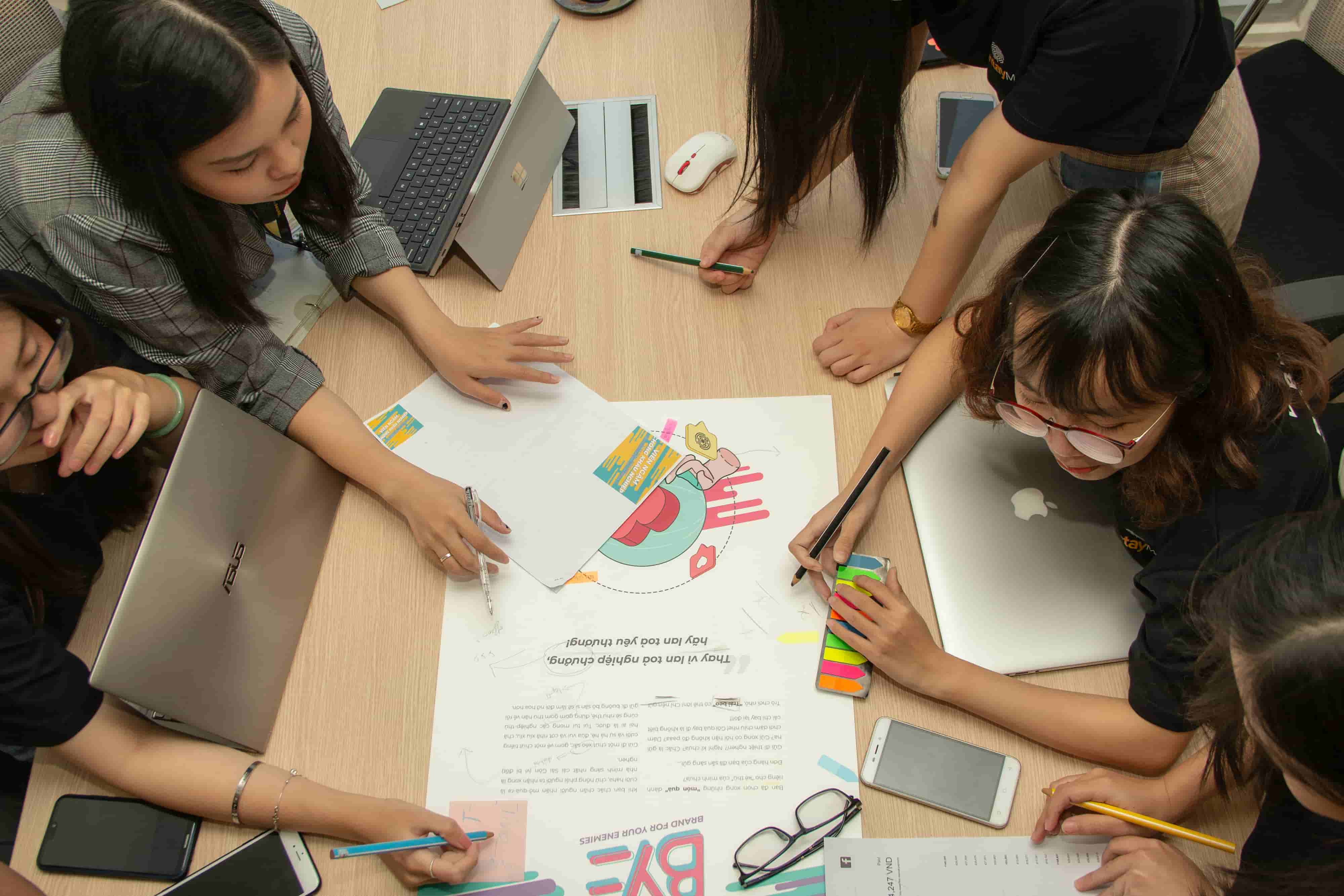Reskilling and Upskilling: The Key to Building a Future-Ready Workforce
by Skills U
Updated on Apr 03, 2025
Copy link
Share on LinkedIn

Introduction: Why Reskilling and Upskilling Are Imperative
The workplace is evolving at a pace never seen before, driven by advancements in technology, globalization, and shifting workforce expectations. The World Economic Forum estimates that by 2025, 85 million jobs may be displaced due to automation and technological integration, while 97 million new roles will emerge. For businesses to stay competitive and individuals to remain employable, reskilling and upskilling are no longer optional—they are essential.
But what exactly do these terms mean, and why are they critical? Let’s explore.
Defining Reskilling and Upskilling
- 1.Reskilling: This involves training employees to take on entirely new roles, often in response to shifting organizational needs or market trends. For instance, reskilling a factory worker to operate and maintain robotic systems used in automated production lines.
- 2.Upskilling: Enhancing an employee’s current skill set to help them perform their existing roles more effectively or take on expanded responsibilities. For example, providing digital marketing training to a traditional marketing professional.
Both strategies are vital in building a future-ready workforce, but they serve different purposes depending on organizational goals and workforce gaps.
The Case for Reskilling and Upskilling
- 1.Tackling the Skills Gap
Research from McKinsey shows that 87% of companies are aware of their skills gaps but only half are actively addressing them. Reskilling and upskilling programs help bridge this gap, ensuring businesses have the talent needed to adapt to change.
- 2.Boosting Employee Retention
Employees are more likely to stay with companies that invest in their professional growth. Reskilling and upskilling signal that an organization values its people, leading to higher morale and loyalty.
- 3.Enhancing Agility and Innovation
A well-trained workforce is more adaptable to changes, whether it’s adopting new technology or pivoting in response to market demands. This adaptability fosters innovation and keeps organizations competitive.
- 4.Cost Efficiency
Hiring new talent to fill skills gaps can be expensive and time-consuming. Reskilling and upskilling existing employees is often more cost-effective and ensures institutional knowledge is retained.
Strategies for Effective Reskilling and Upskilling
- 1.Assess Current and Future Skills Needs
Conduct regular skills audits to identify gaps and anticipate future requirements. Tools like skills matrices or workforce analytics software can provide valuable insights.
- 2.Leverage Technology
Modern learning platforms, such as learning management systems (LMS), offer scalable and customizable training solutions. AI-driven platforms can tailor learning paths based on an employee’s current skills and career goals.
- 3.Create Personalized Learning Experiences
Not all employees have the same needs or learning styles. Providing a mix of online courses, workshops, and hands-on training ensures that everyone can benefit.
- 4.Foster a Culture of Continuous Learning
Encourage employees to view learning as a lifelong journey. This can be achieved through mentorship programs, internal knowledge-sharing sessions, and access to professional development resources.
- 5.Incorporate Micro-Credentials
Bite-sized, focused training programs allow employees to quickly gain new skills and demonstrate their competence through digital badges or certificates.
Case Study: AT&T’s Workforce Transformation
AT&T provides a compelling example of reskilling and upskilling in action. In response to rapid technological changes, the company launched its Workforce 2020 initiative, investing $1 billion to reskill its workforce. Through partnerships with online learning platforms and universities, AT&T employees were trained in emerging fields like data science and cybersecurity. The result? A more agile and future-ready workforce that could adapt to the company’s digital transformation.
Emerging Trends in Workforce Training
- 1.Gamification
Integrating game-like elements, such as rewards and leaderboards, into training programs to boost engagement.
- 2.Virtual Reality (VR) and Augmented Reality (AR)
Immersive training experiences that simulate real-world scenarios, especially useful in fields like manufacturing and healthcare.
- 3.AI-Driven Learning
Platforms that use artificial intelligence to adapt training content to individual learning speeds and preferences.
- 4.Peer Learning Platforms
Encouraging employees to share their expertise and learn from one another through collaborative tools.
The Role of Leadership in Reskilling and Upskilling
Leadership plays a critical role in fostering a culture of learning. Leaders must:
- 1.Act as champions for training initiatives.
- 2.Provide the necessary resources and support.
- 3.Lead by example by pursuing their own professional development.
The Broader Impact of Workforce Development
Beyond benefiting individual organizations, reskilling and upskilling have a positive impact on society. They reduce unemployment, close wage gaps, and ensure economic resilience in the face of technological disruption.
Governments and educational institutions also have a role to play. Initiatives like Singapore’s SkillsFuture or Germany’s vocational training programs show how collaborative efforts can create a robust workforce.
Conclusion: Building the Workforce of Tomorrow
Reskilling and upskilling are not just trends—they are the foundation of a future-ready workforce. Organizations that prioritize these initiatives will be better positioned to navigate change, drive innovation, and stay ahead in competitive markets.
For employees, the message is clear: embrace continuous learning as a way to future-proof your career. Together, businesses, employees, and institutions can bridge the skills gap and unlock new opportunities in the evolving world of work.
Get Started
We’ve trained professionals at some of the world’s leading companies.


